Muskan Khanna: Fearless in a Man’s World
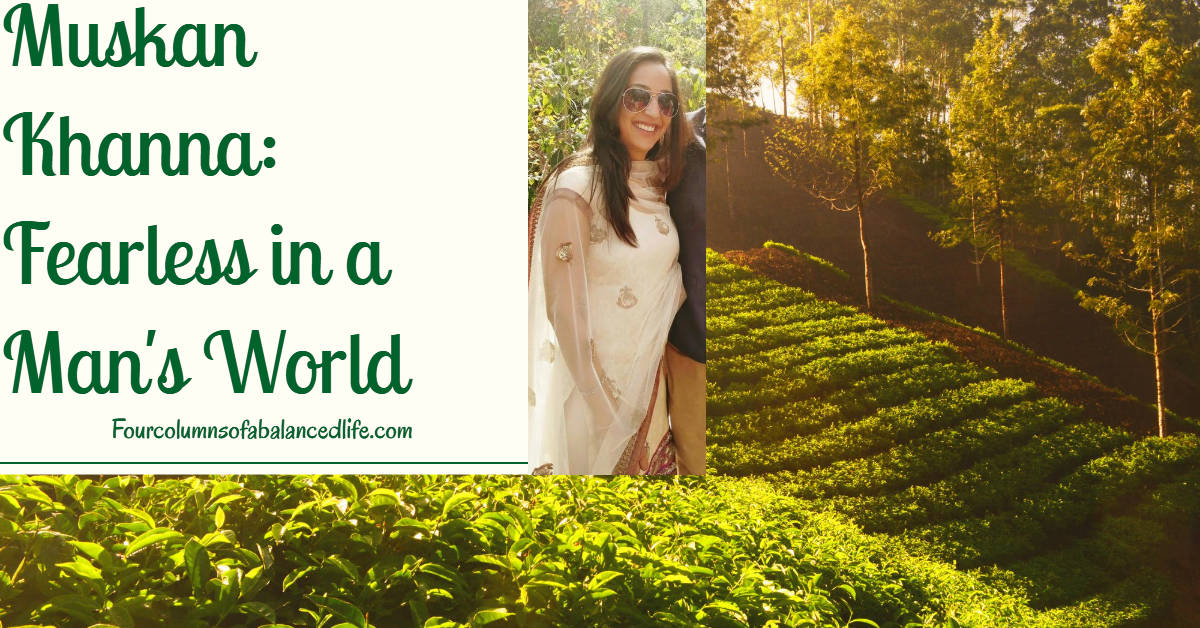
Muskan Khanna is the embodiment of the 21st century. She is fearless, thinks outside the box, makes the rules, a game-changer who has broken the glass ceiling and aims for the sky. She gets it. To grow your footprint in a global environment, you have to have a unique value proposition, have a competitive advantage, be green, use sustainable farming methods, use corporate social responsibility and invest in the local community. She empowers women by only hiring them. Is it any wonder that her first interview is one of the most liked on my blog. She is not your quintessential sommelier. I give you Muskan Khanna.
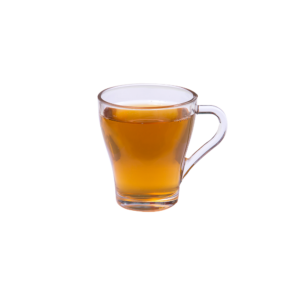
Muskan, Four Columns welcomes you back. Your first interview was one of the most read and liked posts. As a result, let’s talk about tea again. Tell me about the health benefits of tea?
Wow! I did not expect that. There are quite a few health benefits, but in my mind, these are probably the top 5:
Tea contains antioxidants, which help keep us young, skin looking better, and even protects us from the damage of pollution.
Tea has less caffeine than coffee, almost up to 50% less! And we all know the negative effects of caffeine.
Tea helps boost the immune system.
Tea also helps soothe the digestive system – so it’s a good thing to have after a heavy meal.
And lastly, for you weight-conscious people out there, tea is calorie-free!
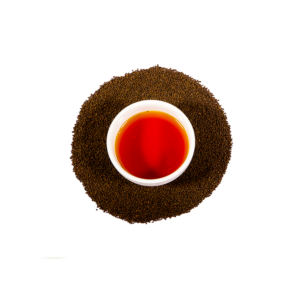
Congrats on being innovative, sustainable, being corporate socially responsible, and investing in women. You have just released some new brands like White, Oolong, Green, Black and Roasted Green. What are the similarities, differences, and uniqueness of these teas?
These teas are unique in their own way, the process of each type of tea is different, different machines using different temperatures all tell these teas apart from one another.
The similarity between ALL the teas produced here at the studio is the raw material – one leaf and a bud.
Muskan, I have been drinking tea all my life. I am your typical heat the water, dip an orange Tetley tea bag, brown sugar, milk, and cardamom kind of guy. Teach me some innovative ways to expand my horizons of tea and how does tea help us in our moods and different settings?
Gosh! What you’ve been drinking sounds very little like tea to me Jerry.
The best way to drink any tea be it white, green, oolong, or black is to brew it in hot water by itself – that’s how I drink it anyway.
Teas such as Nilgiri Platinum Needles and Nilgiri Baimudan contain the most amount of caffeine, so this is a good wake-up tea to have, whereas teas like our Nilgiri bamboo and Nilgiri Kukicha has the least amount of caffeine, so these are good bedtime tea recommendations.
Does the tea come in bags or separately and what is the difference?
Our teas are sold in 250gm loose leaf pouches. No tea bags for now.
Help me understand how tea is grown and the whole process from seeds to the time they are harvested?
There are two ways of growing a tea bush, you could either plant the seeds (a much longer process) or you could plant saplings, which have been taken from existing bushes. Once planted the bushes take approx 5-6 years to grow and are ready for plucking on a regular basis.
The Camellia Sinensis plant is actually a full-grown tree, so one has to make sure it remains at table height so it easy to pluck. The bushes are also cropped in such a way that they are flat, which allows more buds to shoot up.
For teas like ours, which uses very high-quality leaf, the plucker has to go back to the bush every 7-9 days and pluck off the one leaf and a bud and then wait another 7-9 days for the buds to start shooting up again.
Once these are harvested, they’re brought into our factory in small bamboo baskets so as not to damage the leaf.
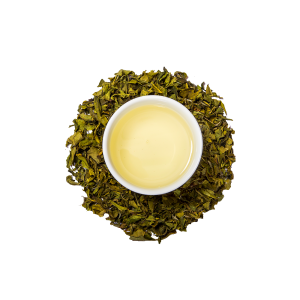
Talk to me about the caffeine content in tea and do you have decaffeinated tea?
As I mention before tea does contain caffeine but much less than coffee, and every tea has different levels of caffeine. For example, white and green tea contain 1/3 of the caffeine as compared to coffee, and oolong and black have less than ½ of the caffeine content as coffee.
It might also interest you to know caffeine is a natural component in Camellia Sinensis, so all teas will have caffeine.
The longer a tea is brewed for, the more caffeine it loses.
And caffeine from tea is thought to absorb in the body more slowly.
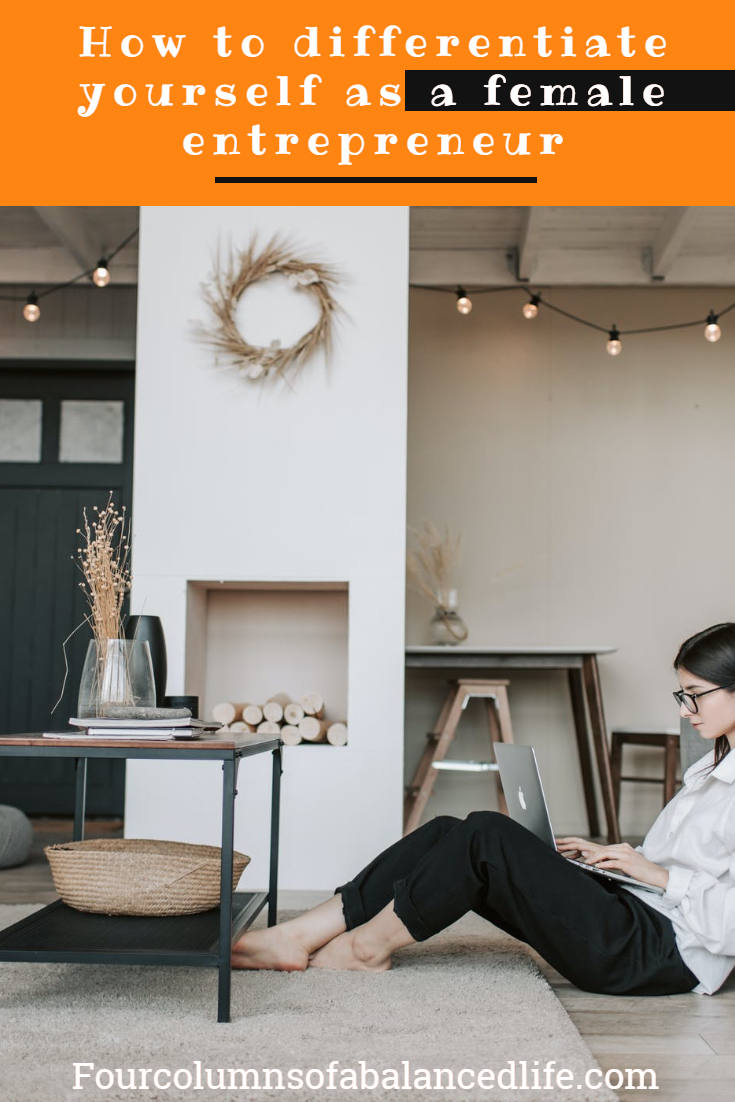

Nice interview. India has some of the best teas in the world.